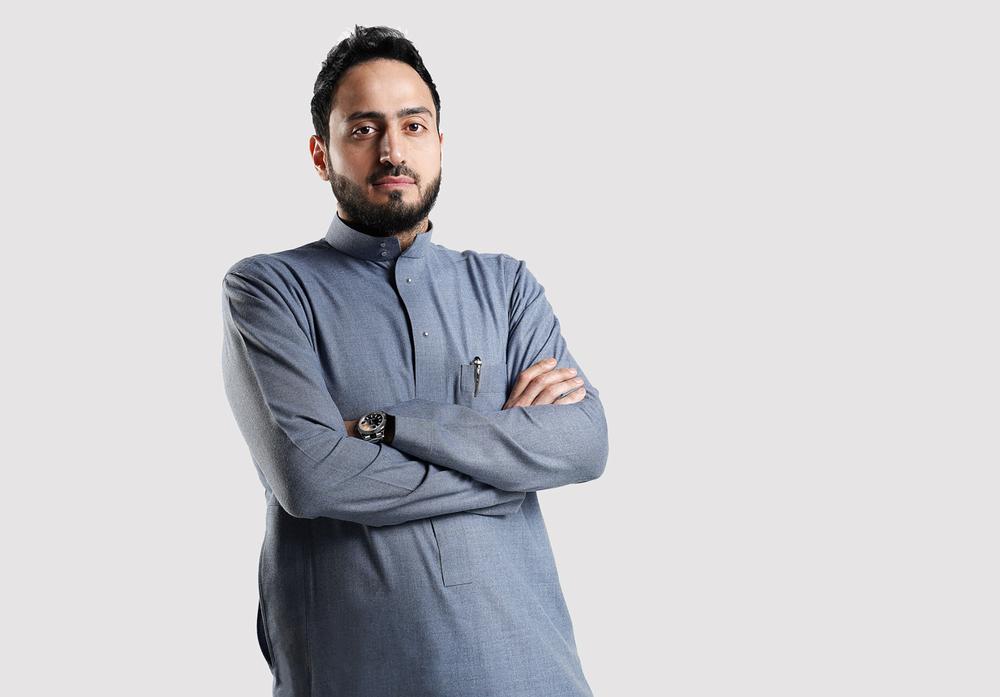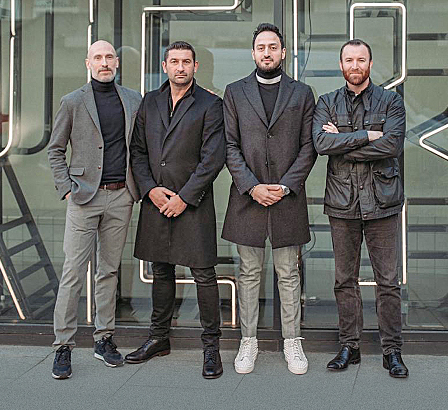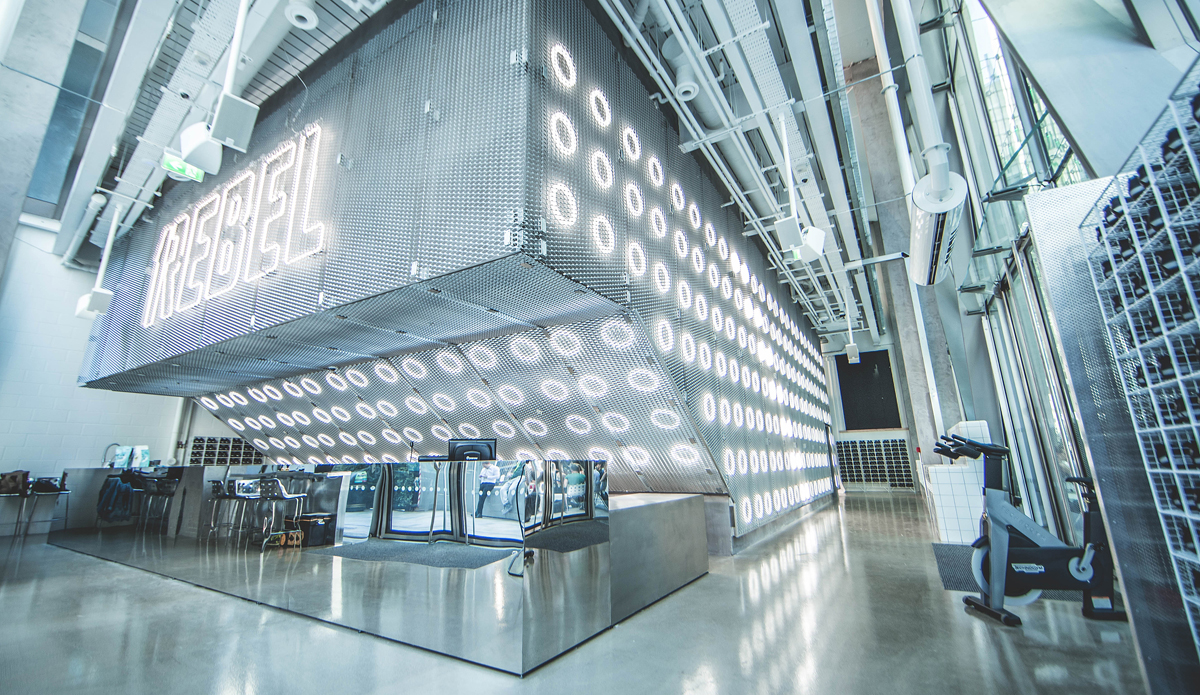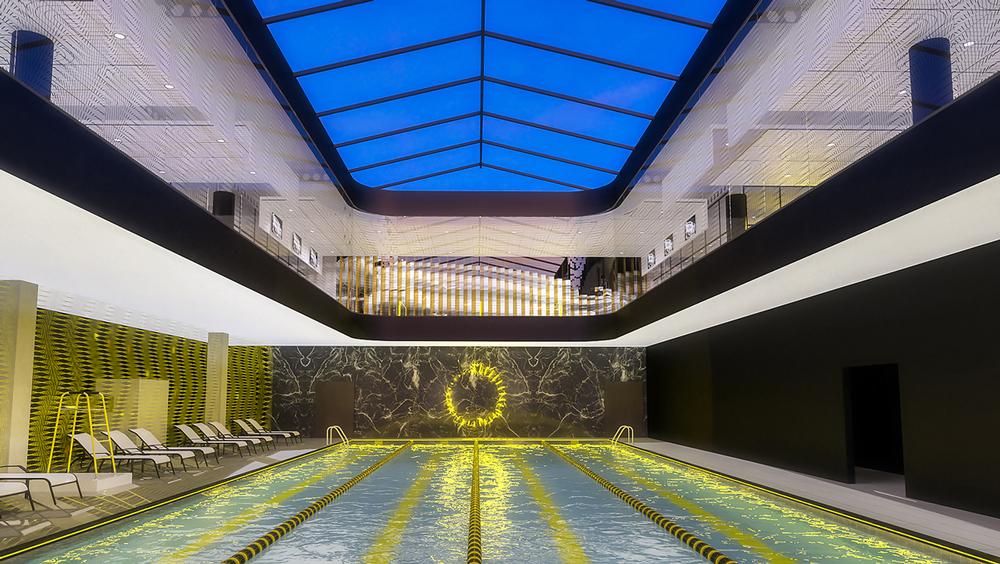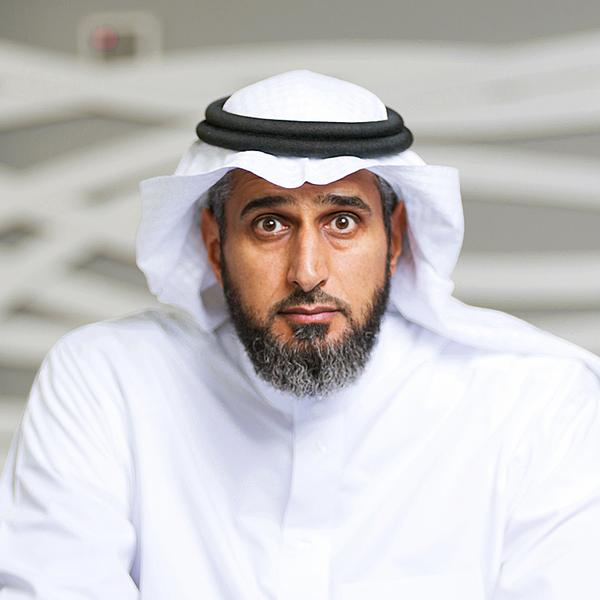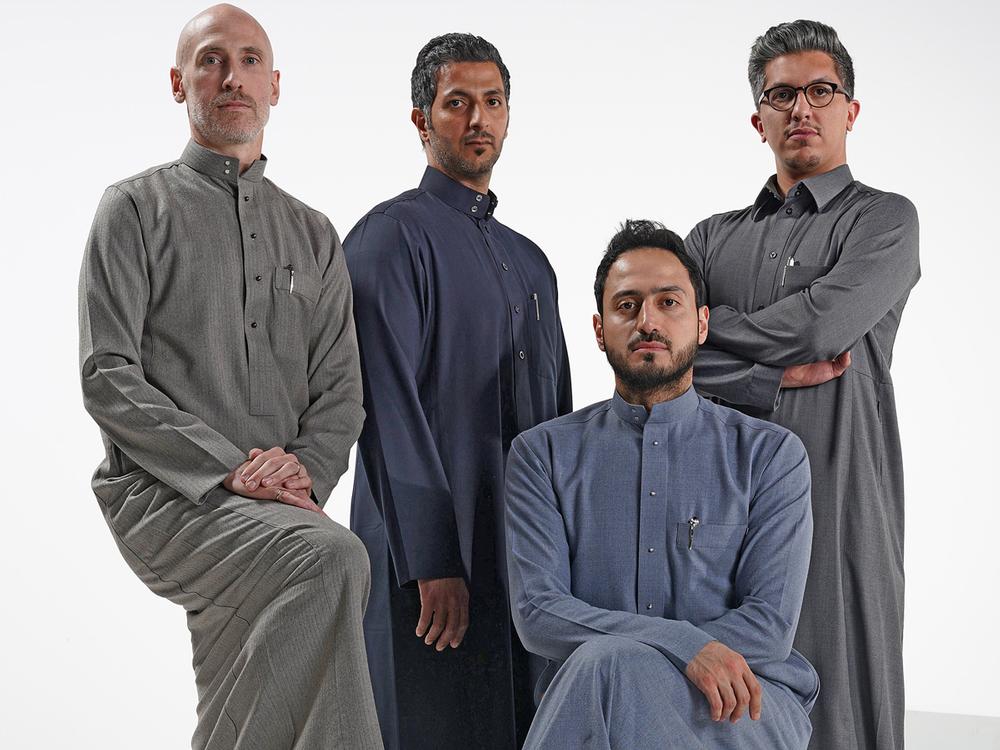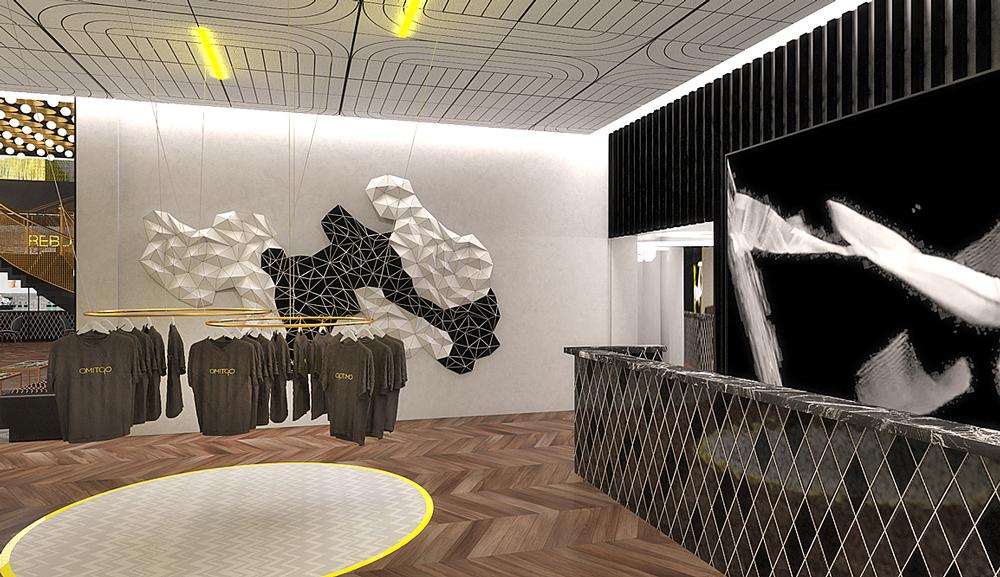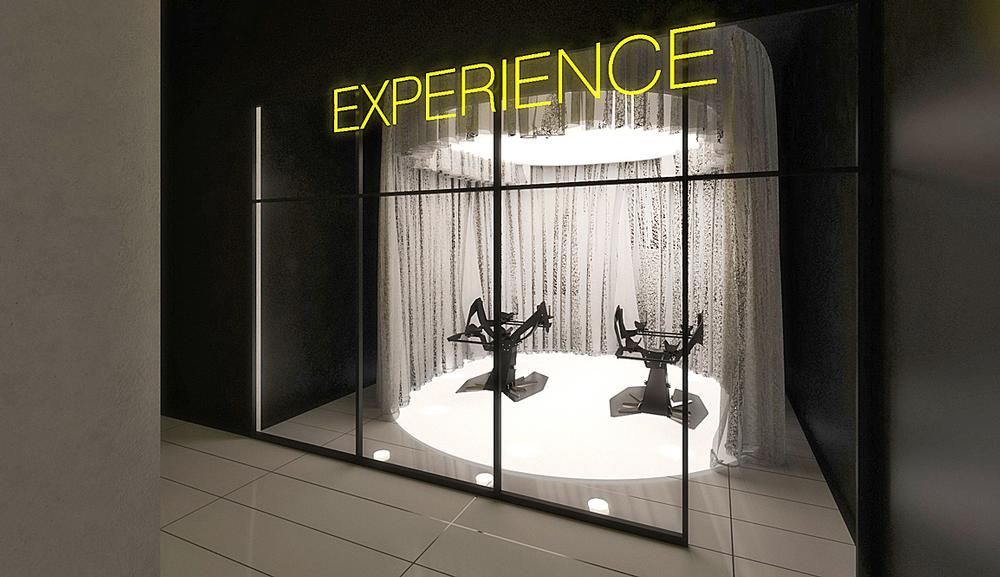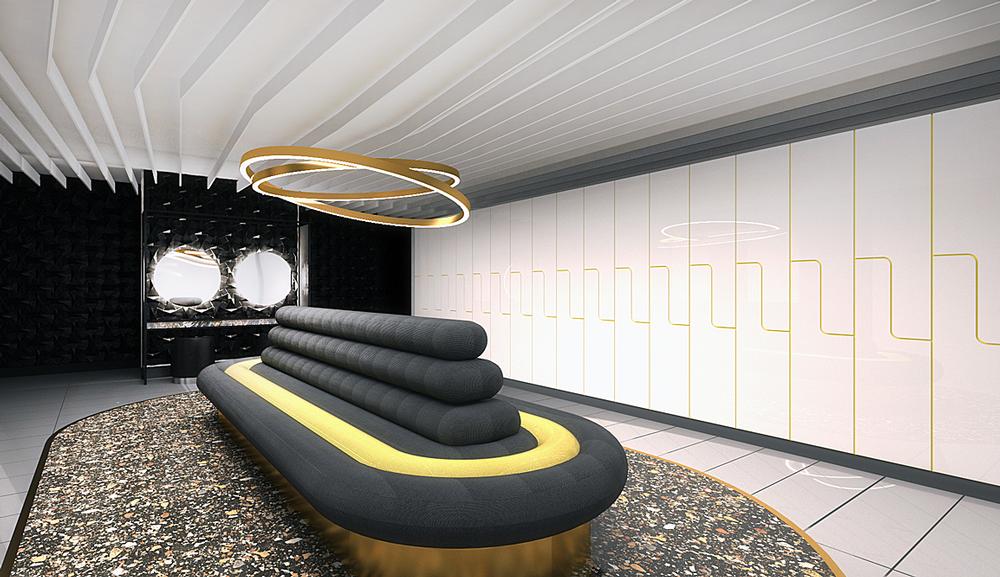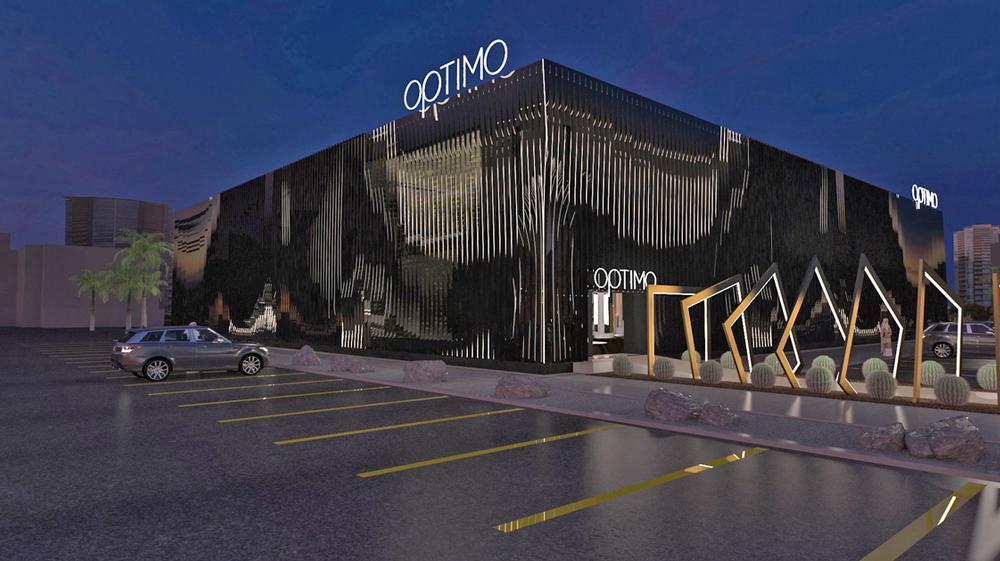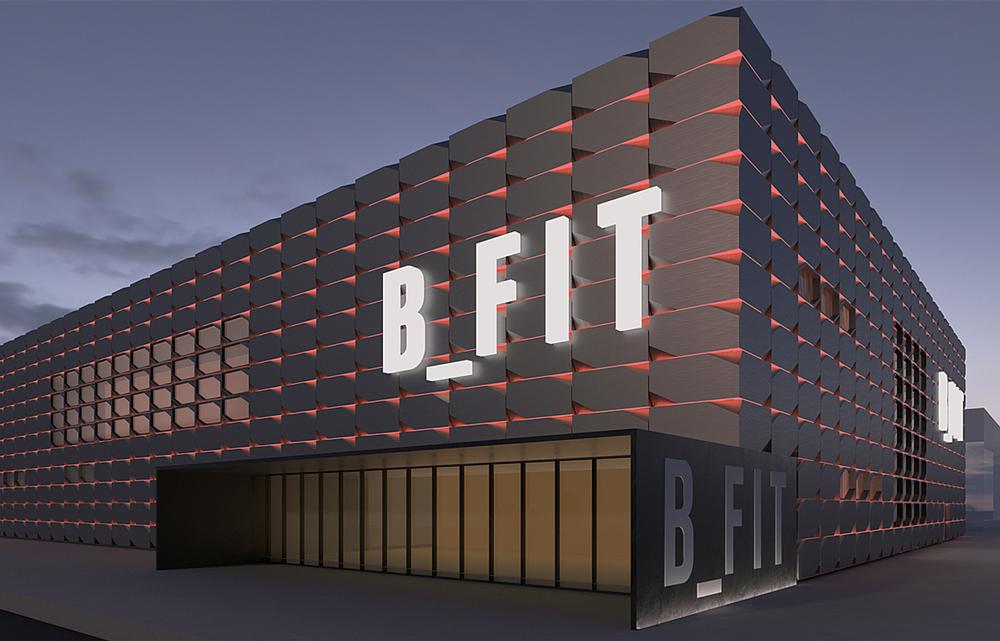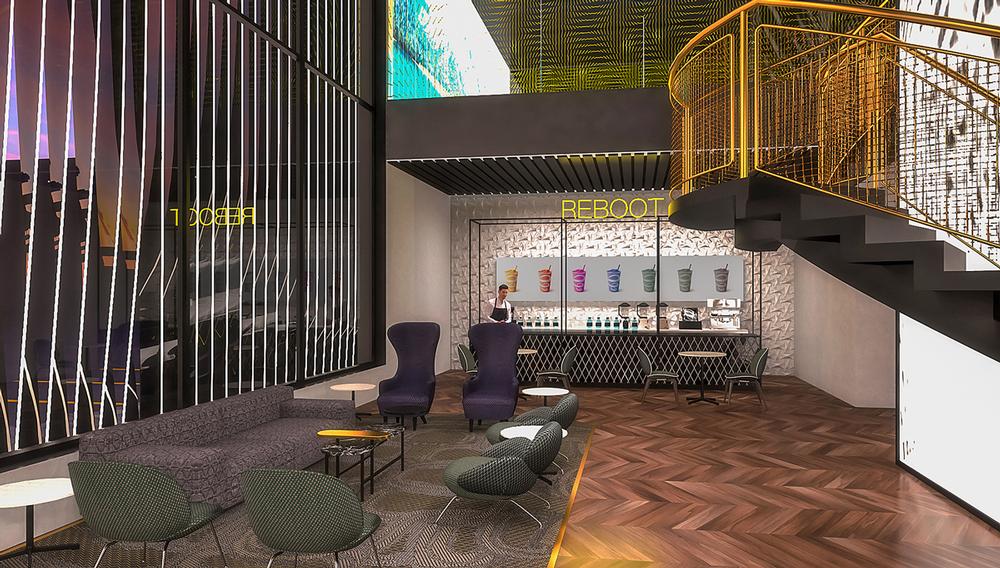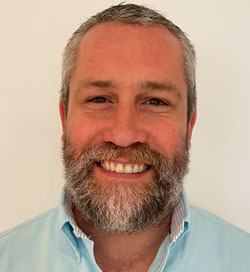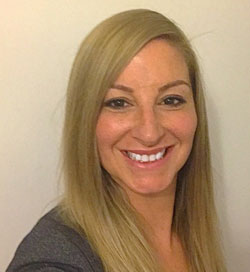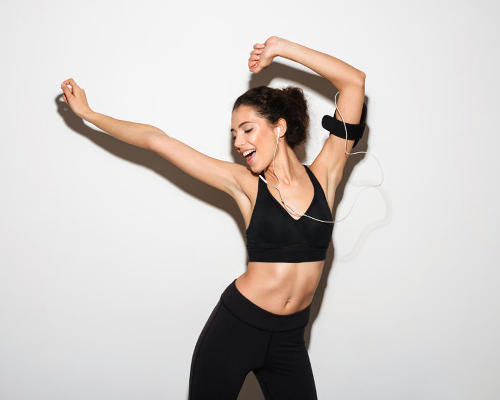What is your fitness background?
Ours is a family business – we are 10 brothers and sisters – and have many years’ experience in, and passion for, fitness.
Back in 1994, my eldest brother Abdulmohsen founded Bodymasters, a chain of fitness clubs in Saudi Arabia. I joined him soon after and together we built a portfolio of 13 clubs in the capital city of Riyadh. We were also partnering with my cousins on that business, and we ultimately sold it to them and moved on to create Fitness Time.
How did you develop that new concept?
Before we opened the first Fitness Time club, we spent time travelling, researching and talking to experts around the world – that was 2006 and 2007. We wanted to create something different from Bodymasters, something that harnessed the latest trends and thinking. We launched the first Fitness Time club in 2007 – just one, to see how people responded – and by 2018 we’d reached 150 clubs. We were ranked #15 in IHRSA’s list of leading global operators in terms of fully-owned clubs.
Tell us some of your highlights of that time
We did some nice things along the way: we sponsored FC Barcelona for three years, for example, and brought its FCB Escola academy to Saudi – a social responsibility initiative which aimed to instil the core values of the Escola in the youth of Saudi Arabia.
We won the Mohammed Bin Rashed government’s Sports Creativity Award in 2015 – a global award presented in recognition of the fact that we helped change the lifestyle of people in Saudi.
Do you have investors?
Investcorp, the private equity company that came on-board in 2013 – taking a 25 per cent share – played a huge part in that growth. We gave them two seats on the board and they helped us open up, accept change and transform into a business operating to international standards, rather than a family business adhering to local practices.
They also helped me, personally, to focus and evolve. After a couple of years, I became CEO of Fitness Time, with my brother in the role of chair.
In 2018 we did an IPO, which valued the business at £540m. After that, there was a new board and we found we had differing visions for the company, so we sold our shares, left the business and invested the entirety of the IPO proceedings into a new venture.
That venture is Armah Sports. Tell us more
Armah Sports was established in January 2019, with the family agreeing that I would run it; my brother Abdulmohsen is non-executive chair.
We had so many ideas for things we could do, but in the end, we came back to the thing we love and do best: fitness.
As our third fitness venture in the region, I wanted to do something different. Certainly I didn’t want to replicate what we had done in the past. Replicating the past is easy. What I wanted was to be innovative and creative. I wanted to make something great, and not just by the standards of our region. I wanted to create something great by international standards.
What have you created?
In 2017, I joined the Roundtable of Executives (REX) and at one of our meetings, the theme was ‘the health club of the future’. That triggered my thought process and I carried on brainstorming afterwards, writing down ideas of what my health club of the future might look like. I realised I wanted to create the first fully-fledged smart club in the world.
I had a very clear business model in mind: one that centred on experience and service in a similar way to the boutiques, but in a large club of 3,500–4,000sq m.
We mapped out every touchpoint – classes, environment, technology, cleanliness, service, trainers and so on – and broke each of them down in great detail, then tried to check every single box to ensure we would deliver the best possible member experience.
But of course, the term ‘smart’ implies technology and that’s at the heart of the model: we set out to build the technology infrastructure first, and only then to build clubs on top of this.
What smart tech did you opt for?
During my travels, I’ve seen a lot of smart things being done in fitness clubs: building management solutions, UV pool filtering, connected cardio equipment and so on. But no-one had really been successful in pulling these things together and weaving them into an integrated solution.
Not only that, but I saw these things as just the tip of the iceberg: once you start looking into the latest technologies and adjacent industries, you see there’s an enormous opportunity to make fitness clubs smarter.
I don’t want to share all the details of our smart ecosystem just yet, but I can say that we are creating a health club environment where physical, digital and human systems come together to enable an enhanced user experience for all stakeholders.
Can you give a few examples of innovation?
We’re creating some world-firsts, including a collaboration with Amazon for its Alexa product – I wanted to bring voice control into our smart clubs, so you can now use Alexa to book our classes, make enquiries about trainers’ schedules and so on.
Of course, you can still book through the app, but lots of clubs let you do that. To book a class through Alexa... this is something nobody has done before and I’m proud to have delivered this to the market.
We’re also the first example of Perfect Gym and Virtuagym doing a full integration. Perfect Gym has excellent management modules; Virtuagym excels in its fitness modules. I wanted to bring it all together into one system that’s also connected to the equipment on the gym floor. Everything in the ecosystem is connected.
Meanwhile, our in-club innovation lab will give people a chance to try out the latest concepts. Whether it’s virtual reality, augmented reality, the internet of things – whether it’s a small concept or a major innovation – I want to bring it in and let people try it. We want to be trendsetters, not trend followers.
We’ll also harness the machine learning module in our club management software to gain an in-depth understanding of member behaviours, allowing us to better target our advice and recommendations.
What else will be special and different?
Our clubs will be the first in Saudi to integrate mental health into the core offering. There is a natural link between physical and mental health and fitness, and we think this has been ignored for too long. Just as we were pioneers in bringing physical fitness to the Kingdom, so we want to do the same with mental health.
We will have co-working spaces, too, because I want the younger generations to come to the club and be connected to our environment – to be inspired by it.
We’re also highly motivated by our environmental responsibility: we are the first fitness operator in Saudi to sign with Tarsheed – an Arabic word that means ‘conscious on consumption’ – and enter into an environmental agreement with the government whereby we commit not to waste water or energy.
Tell us about the operating brands
We have two smart club brands: OPTIMO and B_FIT and a budget offering called LIFT.
B_FIT is a progressive brand. It’s avant-garde, egalitarian – for the people. It’s about workouts. It’s about you versus you.
Meanwhile, OPTIMO is a fully-fledged fitness club, but it has what I call a ‘hotelic’ approach – a luxury hotel-style of environment. The workout is there – all the trends, the services, the top-end equipment from Technogym and Life Fitness – but it’s also about spending time in the environment.
Using an airline analogy, OPTIMO is first class and B_FIT is business class. Membership at B_FIT will cost you around £1,000 a year, vs around £2,000 a year at OPTIMO, with fees taken via monthly direct debit rather than cash advance payment – another first for Saudi.
Budget offering, LIFT, takes inspiration from some of the best budget club concepts from around the world. It will be a totally new evolution of the concept, however, in line with our smart strategy. We will launch it when the Saudi market is really ready – which I think is not far away – and we are confident it will disrupt the market.
So, we’ll have the full portfolio of first class, business class and economy class smart clubs. We’ll also have high- and low-intensity boutiques (see MAVERX & REBELS briefing).
What are you investing in each club?
For both OPTIMO and B_FIT, the cost of each build is between £4m and £5m. Additionally, where in the past we would take long leases, we now acquire the land. Owning the land provides stability and security to the family for future generations, while also enabling us to have full control over our developments.
Over the next five years, we plan to invest approximately £200m in Armah Sports through a combination of real estate purchases, facility construction and operations.
We’re also utilising strategic partnerships, such as the one we have with Unified Holding – the McDonald’s master franchisee in Saudi Arabia – to capture prime locations within new lifestyle destinations.
We now have 13 locations secured, 10 of which are owned and three through our partnerships.
What’s your growth plan this time?
You can grow so much, sometimes, that it becomes hard to maintain the quality across all your clubs. When we were planning this new venture, we sat down and wrote a list of all the mistakes we had made in the past. Then we worked on new strategies and ideas to try and avoid those mistakes in the future. No-one’s perfect, but we strive towards it.
This time, we don’t want to open 150 clubs. We want quality over quantity. We want to own the space and make the business sustainable.
So, we’ll open 30–35 clubs over the next few years, and they will be great clubs with great service that we continually refine to make them even greater still.
In the past, I used to worry about competition, even when we had 150 clubs. Today, I have such confidence in our new business model that I don’t feel worried about competition. The rest of the market can try to compete, but our clubs will be in a different league.
How did COVID impact your business?
We were meant to launch early this year, but I’m glad we didn’t open then, only to immediately close again due to lockdown.
As it was, we were able to look at the pandemic from outside the circle, taking a different perspective as we extracted learnings. All of these were incorporated into our strategy and our documentation so that, if god forbid there’s another pandemic, we will be ready with a crisis management plan, which is something I think the whole sector was missing this year.
Certainly COVID has reaffirmed our decision to focus on digital in our new model. In fact, we have now tweaked our strategy to focus even more on the digital space. Nothing can match the physical experience, but we are looking at how to translate this into the virtual space in a premium way, to offer a balance between physical and virtual.
The other thing this crisis has done, of course, is validate our strategy to buy land. If we now have to shut our clubs, we won’t have to pay landlords. It’s our land.
When will your smart clubs launch?
We have clubs under construction on all 13 sites. The first, a B_FIT club, will open in December. Four more clubs will open in Q1 2021, including our first OPTIMO club in March. The rest will roll out from there.
We’ll continue to buy land until we have 30 sites and at that point, we’ll reassess whether we want to grow further. What’s certain is that we won’t go to tier two and tier three cities, but will focus on the main cities in Saudi, of which there are five.
Longer-term, we’re flexible. We’re open to doing an IPO again and taking our smart clubs overseas and we’re open to doing another private equity deal.
In four or five years’ time, I’ll be happy to hear about such opportunities, but today, I want to keep my head down, focus on building the company and its brands, take the responsibility on behalf of my family and pay back the trust they’ve placed in me to run the business.
We were raised as a family to be very transparent, very honest: when we promise, we deliver.
Equally, I recognise I cannot be successful alone. My nephew Sulaiman Al Kadi and cousin Abdulmalik Al Hagbani are my executive team and the next generation of the family. Nathan Clute is our senior advisor. Together we’ve picked a team to turn my vision into a fully-fledged business. If one day we’re successful, the team will be the reason for that success.








